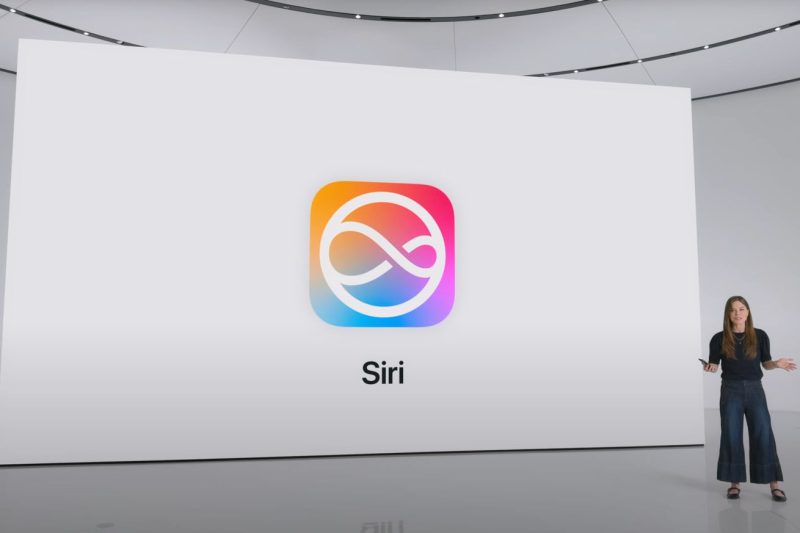In this era of rapidly advancing technology, voice assistants have become an integral part of our daily lives. These digital companions have evolved from simple voice recognition tools to sophisticated artificial intelligence systems that can help us with a wide range of tasks. However, as the demand for voice assistants continues to grow, there is an urgent need for innovation and reinvention in this field.
One of the key areas where voice assistants are poised for reinvention is in their ability to understand and respond to human emotions. Currently, most voice assistants are limited to providing factual information or carrying out specific commands. While this functionality is certainly useful, it lacks the emotional intelligence that is essential for truly effective communication.
Imagine a voice assistant that can detect changes in your tone of voice and adjust its responses accordingly. For example, if you sound frustrated or upset, the voice assistant could offer words of encouragement or suggest ways to help you relax. This kind of emotional intelligence would make interactions with voice assistants feel more natural and engaging, ultimately enhancing the user experience.
Another important aspect of the reinvention of voice assistants is their adaptability across different devices and platforms. In today’s interconnected world, people use multiple devices throughout the day, from smartphones and tablets to smart speakers and car infotainment systems. Voice assistants should be seamlessly integrated across all these platforms, allowing users to access the same set of features and information regardless of the device they are using.
Furthermore, voice assistants need to be more personalized and proactive in anticipating users’ needs. By analyzing data about users’ habits, preferences, and behaviors, voice assistants can offer tailored recommendations and suggestions that are relevant to each individual. For example, a voice assistant could remind you to make a reservation for your favorite restaurant on your anniversary or suggest a new workout routine based on your fitness goals.
Security and privacy are also critical considerations in the reinvention of voice assistants. As these AI-powered technologies become more sophisticated, there is a growing concern about the potential misuse of personal data and the risk of unauthorized access to sensitive information. Developers and manufacturers need to prioritize data security and privacy protection to build trust with users and ensure the responsible use of voice assistant technology.
In conclusion, the reinvention of voice assistants is a necessary and exciting development that has the potential to revolutionize how we interact with technology. By enhancing emotional intelligence, adaptability, personalization, and security features, voice assistants can offer users a more intuitive, seamless, and rewarding experience. As the capabilities of voice assistants continue to evolve, we can look forward to a future where these digital companions truly understand and cater to our needs in innovative and meaningful ways.


























